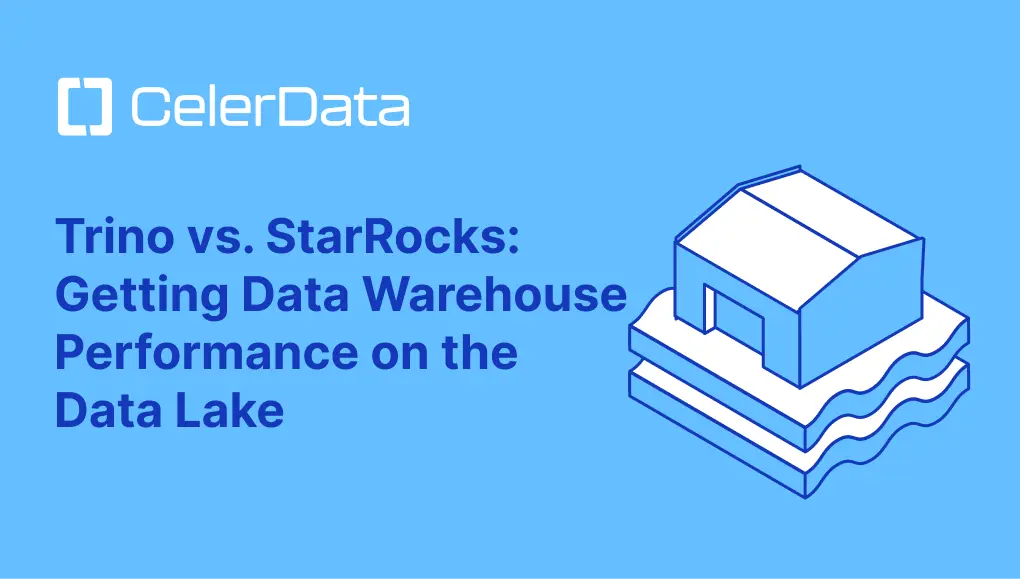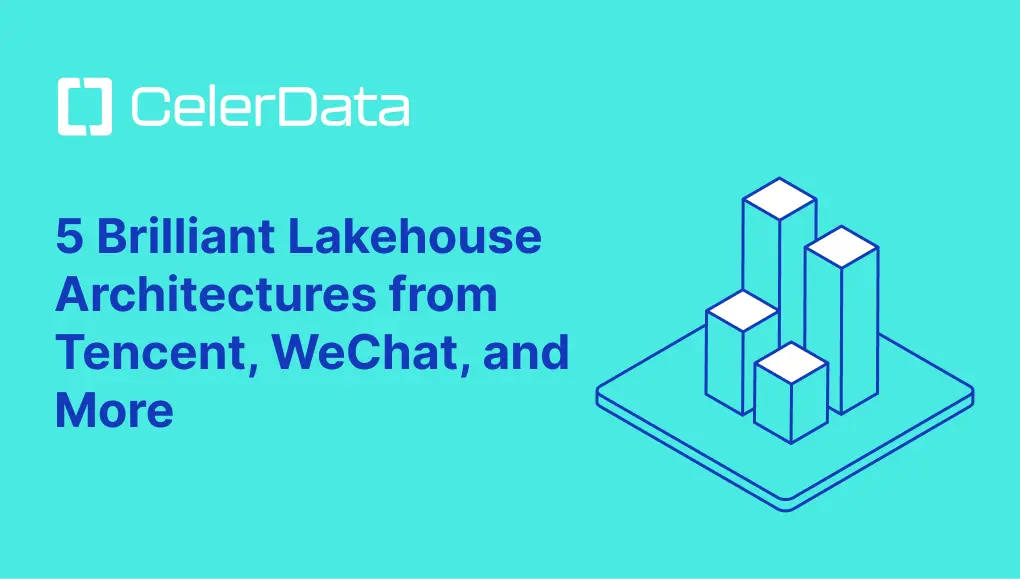
Top Considerations When Comparing Data Catalog Providers

Join StarRocks Community on Slack
Connect on SlackIn a world increasingly driven by data, efficient data management has become a strategic priority. Data catalogs play a crucial role in this process, providing a unified, searchable view of all data assets within an organization. Think of a data catalog as the library catalog of the digital world; it enables users to discover, understand, and utilize data resources, making data-driven decisions accessible to everyone in the organization.
With the rise of data-centric cultures, data catalogs have transformed from simple repositories into essential tools that enhance collaboration, data governance, and ultimately, business performance. Below, we delve into the role of data catalogs, why they matter in today’s organizations, and what to consider when choosing a provider.
What is a Data Catalog?
A data catalog is a centralized inventory of data assets in an organization, offering a structured view of all data resources. It’s essentially a metadata management tool—organizing data with descriptions of its content, origin, format, and even usage patterns. These details, known as metadata, allow users to search, filter, and access data with ease.
More than just a search tool, data catalogs often include powerful features like data lineage (tracking data from its origin through various transformations) and data profiling (analyzing data quality). Together, these capabilities enhance data governance by promoting data transparency, quality, and compliance with organizational standards.
Key Features of Data Catalogs
- Metadata Management: Organizes data based on attributes like source, format, and usage.
- Data Lineage Tracking: Enables users to trace the flow and transformations of data, improving transparency and reliability.
- Automated Tagging and Classification: Helps categorize data assets with minimal manual input, making them easier to find and use.
Importance of Data Catalogs in Modern Organizations
As organizations amass massive volumes of data, finding relevant information quickly becomes a challenge. Data catalogs solve this by creating a structured repository that not only aids data discovery but also enhances data quality management.
- Enhanced Collaboration: By providing a common platform, data catalogs improve collaboration across teams, making data accessible to both technical and non-technical users.
- Data Quality Assurance: Catalogs support data profiling and validation, identifying errors and inconsistencies, which helps in maintaining data accuracy.
- Data Governance and Compliance: Centralizing data and enforcing standards aids in compliance with regulations like GDPR and CCPA.
For instance, companies like Shopify and Airbnb leverage data catalogs to democratize data access, empower their teams, and ensure data consistency across departments.
Key Considerations When Choosing a Data Catalog Provider
When selecting a data catalog provider, it’s essential to consider the unique needs of your organization, from integration requirements to long-term maintenance costs. Here are some critical factors:
Essential Features and Capabilities
-
Integration with Existing Systems: Data catalogs should integrate seamlessly with existing data platforms (e.g., databases, BI tools). Providers with robust integration capabilities, like Collibra and Alation, ensure consistent data flow across platforms, preventing data silos.
-
Automation and AI Capabilities: Automation reduces manual data tagging and classification, while AI enhances data discovery. AI-driven platforms like Informatica and Atlan use machine learning to automate metadata generation, categorizing data to improve accuracy and save time.
-
Data Governance and Security: Security is paramount. Providers like Microsoft Purview prioritize governance, offering extensive security features and compliance support.
User Experience
-
Ease of Use: A user-friendly catalog promotes widespread adoption. Platforms like Data.world are known for their intuitive design, accessible to users of all technical backgrounds.
-
Customization Options: Customization enables alignment with unique workflows. For instance, AWS Glue allows significant configuration flexibility, making it ideal for organizations with specific data requirements.
Cost-Effectiveness
-
Pricing Models: Some providers offer subscription-based models, while others use usage-based pricing. For example, Alation and Collibra have tiered pricing to accommodate different business sizes.
-
Total Cost of Ownership (TCO): Beyond upfront costs, ongoing maintenance, and support are crucial. Google Data Catalog often provides a more budget-friendly option for organizations already in the Google Cloud ecosystem, offering a more seamless experience with minimal additional costs.
Comparison of Top Data Catalog Providers
A few prominent data catalog providers and their distinguishing features include:
1. Alation
- Strengths: Known for advanced search and data lineage capabilities, with robust integrations.
- Weaknesses: Limited customization in lower-tier plans.
- Unique Features: AI-powered data curation and collaborative analytics.
2. Collibra
- Strengths: Strong data governance tools, ideal for large enterprises.
- Weaknesses: Complex setup and higher upfront costs.
- Unique Features: Enterprise-grade governance and compliance management, ensuring data integrity and security.
3. Atlan
- Strengths: User-friendly interface and affordability.
- Weaknesses: Limited advanced features for complex workflows.
- Unique Features: AI-driven metadata management and team collaboration features, well-suited for smaller to medium-sized businesses.
4. Informatica
- Strengths: AI-driven cataloging and extensive automation.
- Weaknesses: High cost and steep learning curve.
- Unique Features: Data profiling, automated metadata enrichment, and strong security.
Making the Right Choice
Choosing a data catalog provider is not just about immediate needs; it’s about aligning with long-term goals. Here’s a quick guide:
-
Assess Organizational Needs: Identify your data management challenges and assess what’s essential, whether it’s scalability for large data volumes or intuitive design for broad user adoption.
-
Evaluate Long-term Benefits: A data catalog should grow with your organization. For example, Microsoft Purview provides a holistic data management solution, making it a viable choice for companies seeking scalability.
-
Consider Total Cost of Ownership (TCO): Compare ongoing support and training costs. For organizations heavily invested in AWS, AWS Glue provides a more economical and integrated solution, while Google Data Catalog serves a similar purpose for Google Cloud users.
Conclusion
Selecting the right data catalog provider is a decision that impacts data management efficiency, collaboration, and organizational productivity. By carefully evaluating features, user experience, and long-term cost-effectiveness, organizations can choose a provider that aligns with their data management strategies.
With the right catalog, companies can foster a data-centric culture, improve data quality, and empower teams to unlock valuable insights, driving innovation and growth.

.webp)

